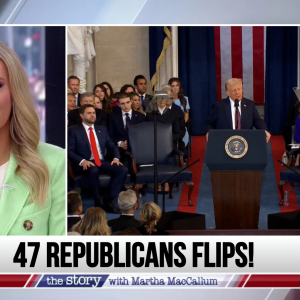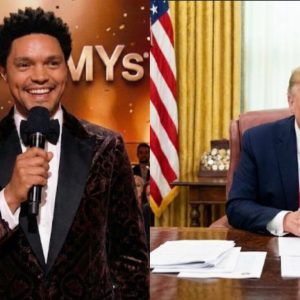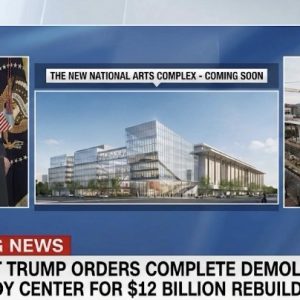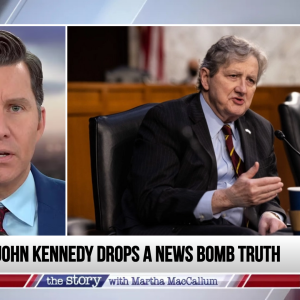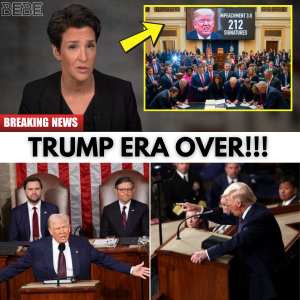For years, Donald J. Trump has relied on hyperbole as both a political tool and a defining feature of his public persona. But a recent remark — his claim of possessing a “180 IQ,” made during a campaign appearance — has re-energized debate over accuracy, image-making and the evolving relationship between politics and entertainment in the United States.

The comment, delivered with characteristic bravado, came as Mr. Trump sought once again to cast himself as intellectually superior to his rivals and critics. “They gave me a test,” he said at the rally. “A real test, with the best doctors. I aced it. They told me they’d never seen a score like mine.” His description echoed prior occasions in which he invoked cognitive or medical assessments as evidence of exceptional mental capability.
Almost immediately, fact-checkers, medical specialists and political analysts noted that no publicly available documentation supports the former president’s assertion, and experts emphasized that cognitive screening tools used during his presidency measured basic neurological function, not advanced intelligence. Nonetheless, the claim ricocheted across social media, where supporters amplified it and opponents dismissed it as implausible.
It was in this environment that Jimmy Kimmel, the late-night host known for blending humor with pointed political commentary, devoted a segment of his show to the statement. Rather than focusing on the medical specifics of cognitive testing — a topic neurologists generally caution against simplifying — Mr. Kimmel approached the subject through the lens of satire, presenting an exaggerated comedic bit that circulated widely online.
The monologue ignited the familiar cycle that often follows Mr. Trump’s more provocative remarks: a surge of partisan reaction, intense online debate, and competing narratives about accuracy and intent. Supporters of the former president accused the comedian of disrespect and political bias; detractors praised the segment as a pointed commentary on misinformation.

Both reactions underscored the extent to which Mr. Trump’s rhetoric, whether literal or performative, remains a focal point of national conversation. In an age when political personas are crafted as much through television moments and digital clips as through policy documents, even an offhand statement about intelligence can become a flashpoint.
Political communication scholars say such episodes illuminate a broader trend: the blurring of boundaries between political discourse and entertainment culture. “Mr. Trump understands media spectacle better than almost any politician in modern history,” said Jennifer McLean, a professor of political communication at the University of Pennsylvania. “Whether intentionally or not, his statements routinely generate the kind of virality that keeps him at the center of the public conversation.”
The dispute also revived memories of the cognitive evaluation Mr. Trump took during his presidency — the Montreal Cognitive Assessment, or MoCA — which assesses memory, attention and orientation. Medical experts reiterated in interviews that the test is designed to detect potential neurological impairment, not to measure genius-level intellect. Still, Mr. Trump has long presented his performance on the exam as proof of exceptional mental acuity.
The resulting clash — between a medical tool’s intended purpose and a political figure’s framing of it — reflects the broader challenge of navigating fact, interpretation and persona in an era of persistent distrust. For many voters, assessments of Mr. Trump’s intelligence are less about metrics and more about the narratives they have already embraced.
Late-night television, too, plays a complex role. While programs like Mr. Kimmel’s are not journalistic enterprises, they often shape political perception through humor, and clips from such segments increasingly function as digital artifacts in political discourse. Analysts note that the power of these shows lies not in their factual authority, but in their ability to crystallize public sentiment.
As the 2024 cycle intensifies, Mr. Trump’s comments — and the reactions they provoke — highlight an enduring truth of American politics: narratives, especially those tied to identity and personal mythology, can be as influential as policy proposals. Whether the claim of a “180 IQ” was rhetorical flourish or earnest exaggeration, its impact extended far beyond the rally where it was delivered.
For now, the episode remains another entry in the long-running interplay between Mr. Trump, his critics, and a media landscape that magnifies every word. In a political era shaped by spectacle, even a statement about intelligence can become a national story — and a reminder of how deeply performance and politics have intertwined.
